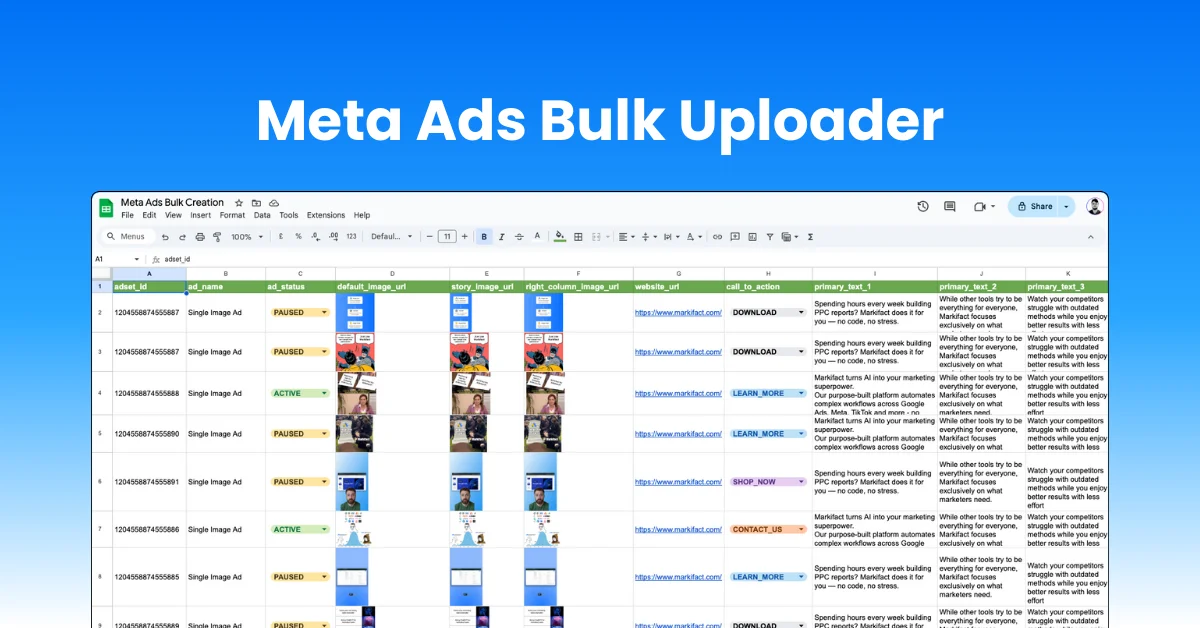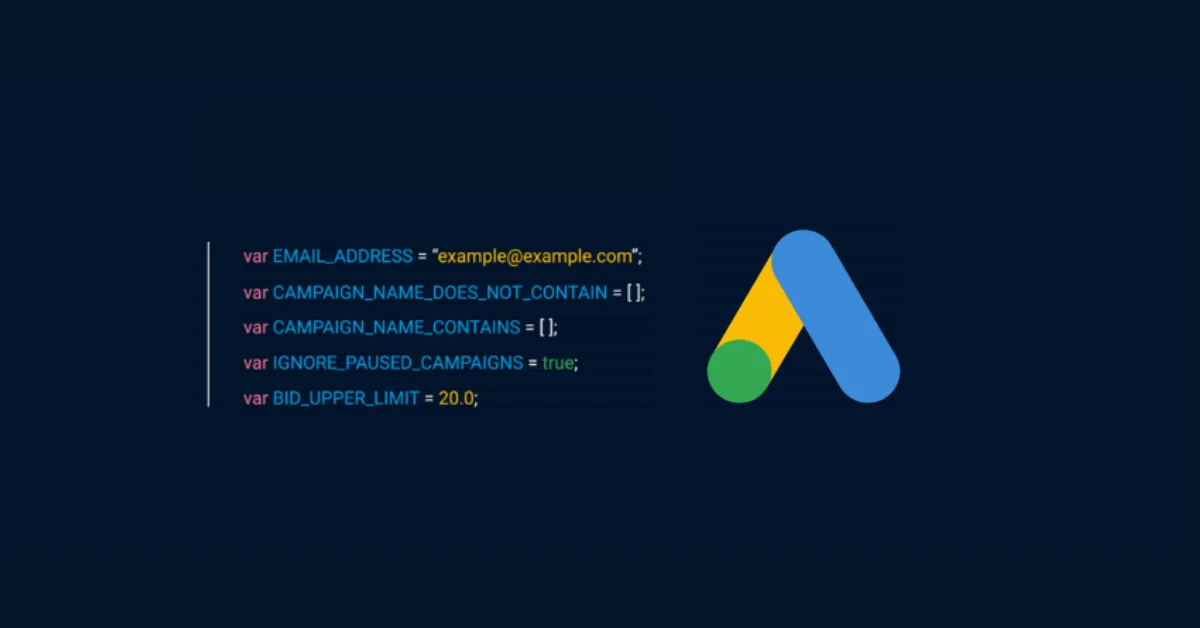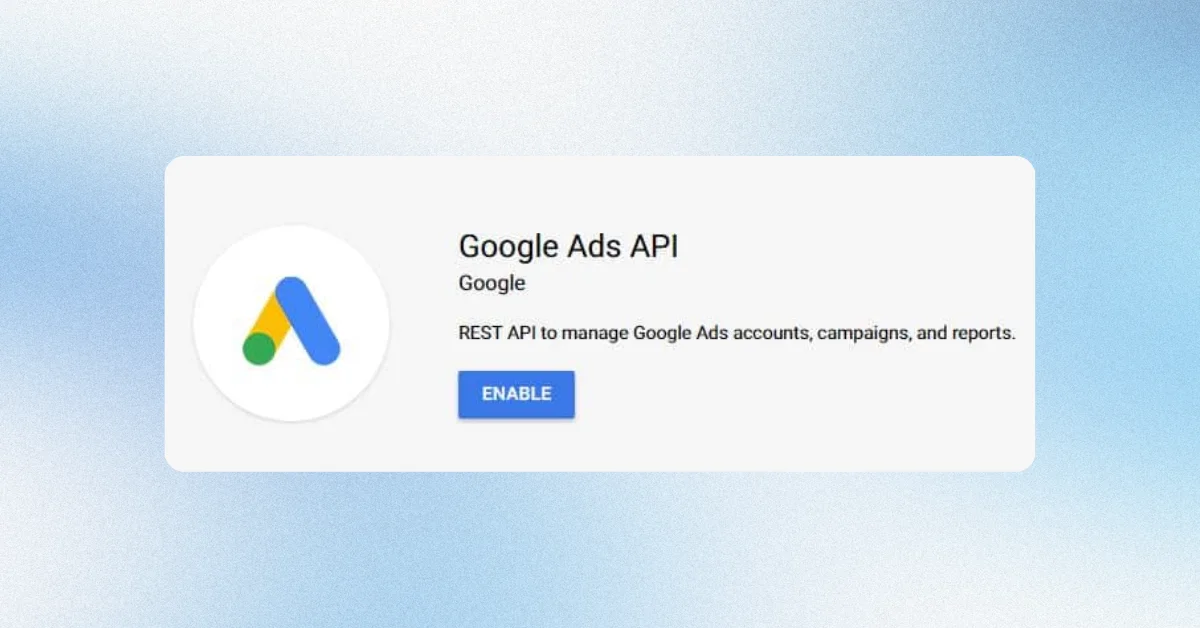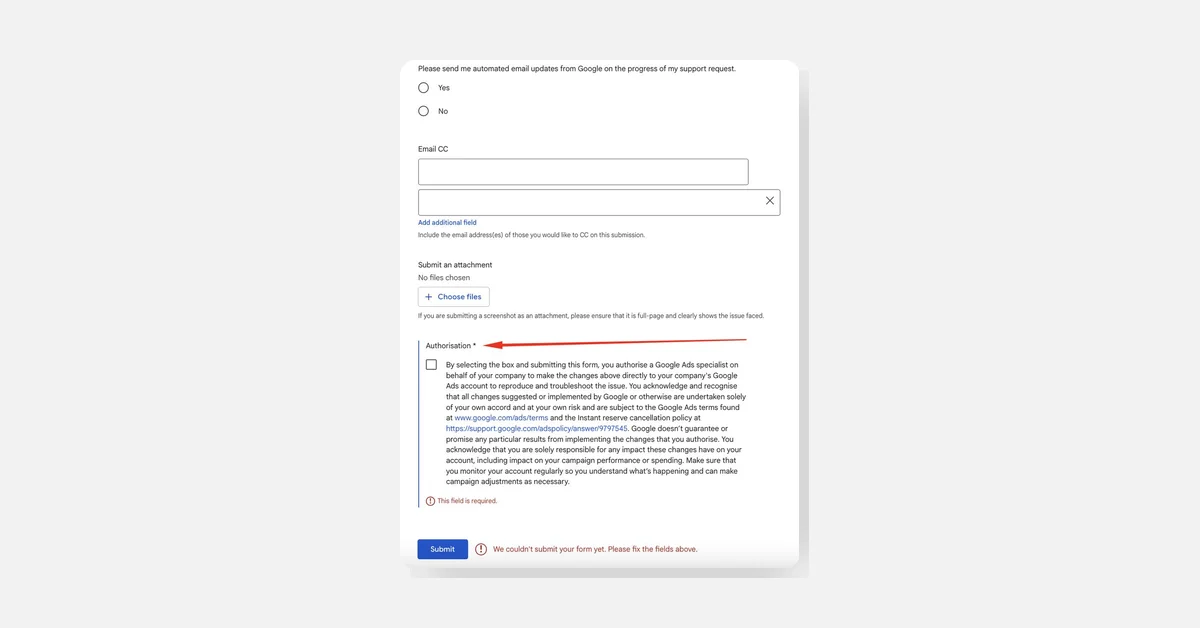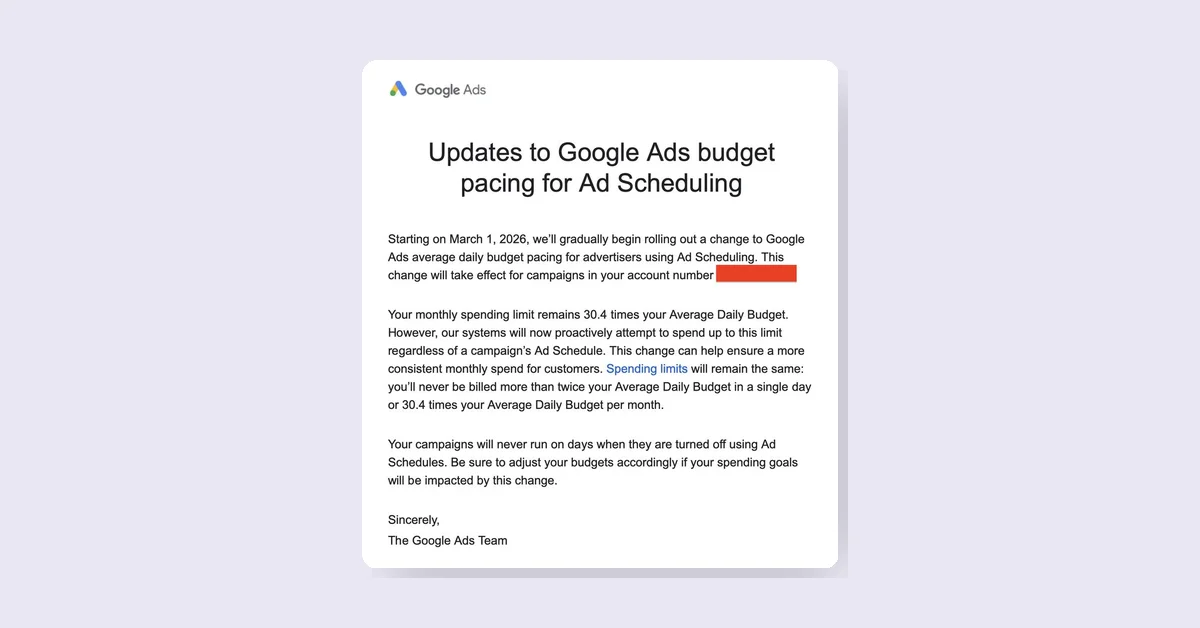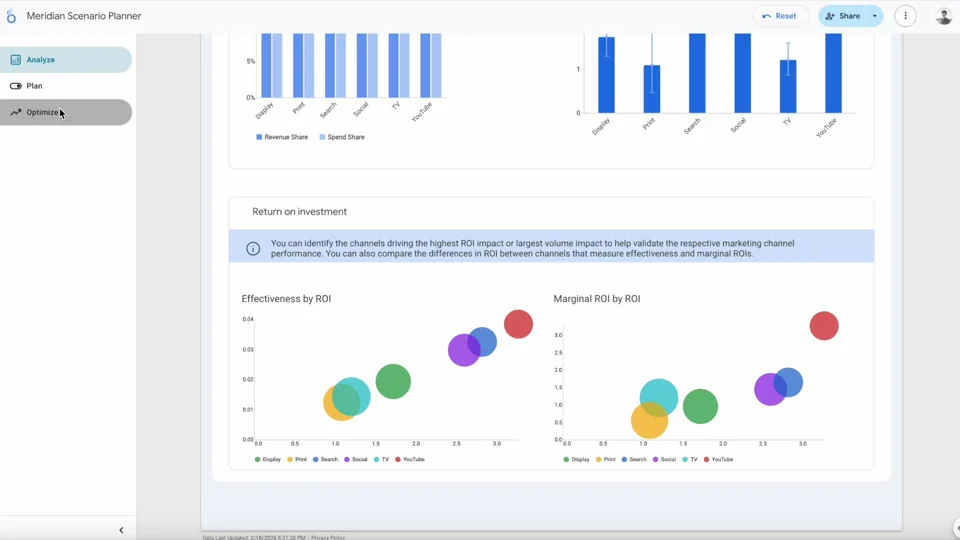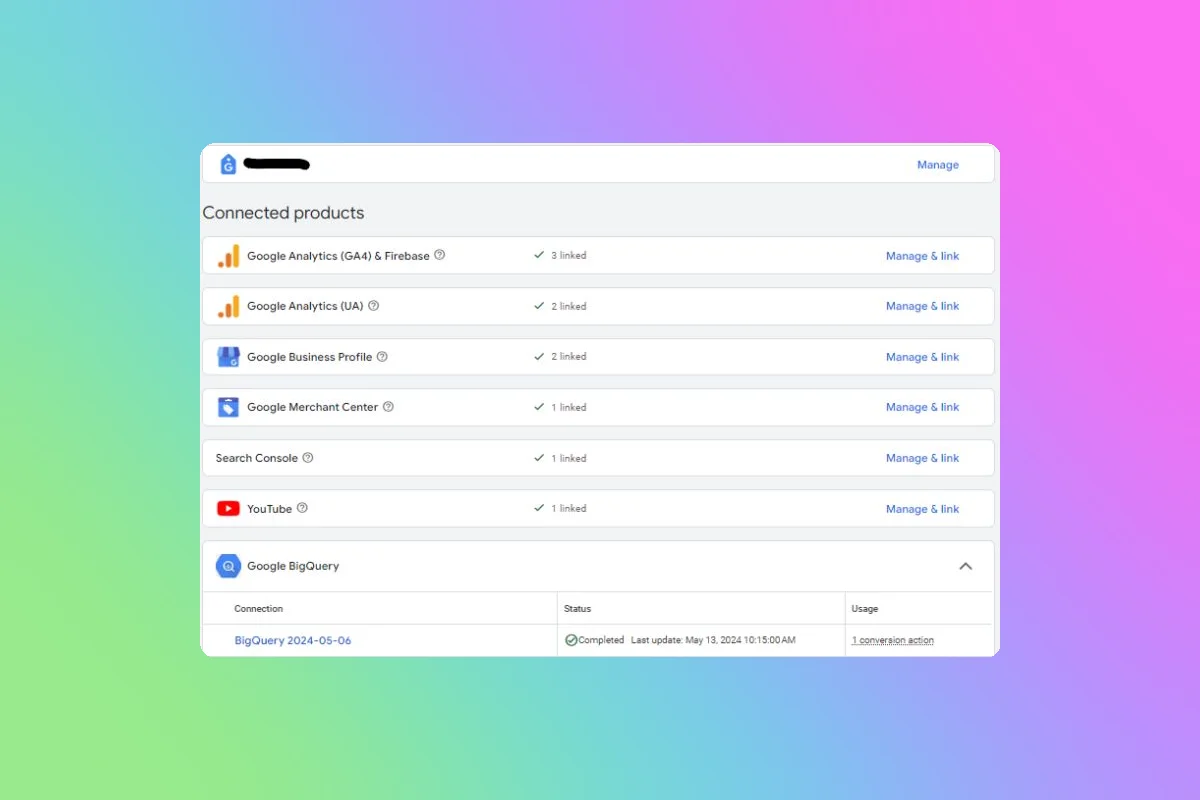Enabling the broad match campaign setting in Google Ads will convert all keywords to broad match, prioritizing them as if both broad and exact match versions were present.
In this keyword prioritization logic, Google will prioritize keywords from campaigns with the broad match setting.
If the same keyword exists in an exact match in a separate campaign, the keyword with the highest Ad Rank will be sent to the auction, highlighting the increased prioritization of a broad match.

Key points:
This change was implemented as part of the June 2023 update, and only impacts keywords in campaigns with the broad match setting enabled. It applies to rare instances where a search query matches two identical keywords: one in an exact match campaign and the other in a broad match campaign.
- Not Elevation Over Exact Match: Broad match keywords are taken to the same level as an exact match, not above.
- Preventable: Avoid issues using exact match keywords as match negatives in broad match campaigns.
- Not a Money Grab: Misunderstandings about Ad Rank and CPC bids must be clarified; this change is not about increasing Google's revenue.
- Human Decision Required: Advertisers must consciously decide to convert an existing search campaign or create a Broad match campaign. Google requires at least 15 conversions for this.
- Keyword Conversion: Converting to a broad match campaign changes any exact/phrase match keywords to a wide match. These keywords will no longer be in a word or an exact match.
- Keyword Strategy Change: Running all keywords on all match types became less effective when close variants became standard. Exact match keywords only compete with broad match keywords if they have the same syntax; otherwise, the actual match keyword wins.
Google's claim that Broad Match campaigns will act like exact match keywords seems like an effort to reduce bias against Broad Match.
Helpful Resources: A link to the Google support article for more information: Google support article.



